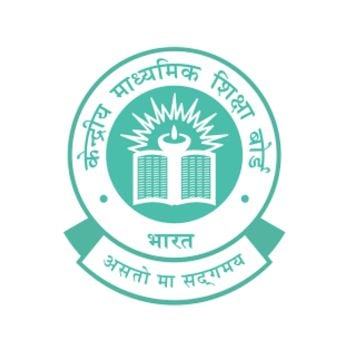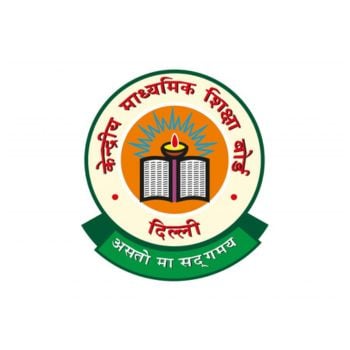CBSE has released a notification regarding Initiatives to promote Skill Education in CBSE Schools. Read the article for details!
About the Notification
The Central Board of Secondary Education (CBSE), in alignment with the National Education Policy (NEP) 2020 and the National Curriculum Framework for School Education (NCF-SE), is committed to making Skill Education a core component of the school curriculum. This initiative aims to bridge the gap between theoretical knowledge and real-world application, fostering future-ready students who are well-equipped to meet global challenges.

Key Initiatives by CBSE to Promote Skill Education
Introduction of Skill Modules (Classes VI to XII)
- Launched via Circular No. 25/2020, Skill Modules allow students to opt for one or more topics each academic year.
- Available through classroom sessions, Hobby Clubs, or online self-learning modes.
- Assessments are school-based and emphasize project-based learning.
- A dedicated portal is available for student registration and certification.
Skill Subjects in Secondary and Senior Secondary Levels
- CBSE offers 22 Skill Subjects for Classes IX–X and 43 Skill Subjects for Classes XI–XII.
- Schools can introduce these without seeking additional permissions or paying fees to CBSE.
- Details are to be submitted via the OASIS portal.
Support for Schools Introducing Skill Education (Session 2025-26)
CBSE provides links for schools to share information about:
- Skill Modules introduced in Classes VI–XII: Skill Modules Form
- Skill Subjects introduced in Class IX: Class IX Skill Form
- Skill Subjects introduced in Class XI: Class XI Skill Form
Mapping Skill Subjects with NSQF Levels
- Skill Subjects align with specific National Skills Qualification Framework (NSQF) levels, corresponding to defined job roles and study hours.
- Students are advised to maintain consistency in their Skill Subject choices across classes.
Establishment of Composite Skill Labs
- Circular No. Skill-75/2024 mandates schools to set up Composite Skill Labs within three years.
- Detailed guidelines for setup and materials will be shared soon.
National Credit Framework (NCrF)
- Enables mobility and equivalence between general and vocational education.
- Includes mechanisms for credit transfers, lifelong learning, and professional development.
- Guidelines for NCrF implementation are shared via Circular No. Skill-33/2024, supported by orientation sessions.
Appointment of District Skill Coordinators (DSCs)
- DSCs will be deployed nationwide to mentor and guide schools for effective implementation of skill initiatives.
- Awareness and Capacity Building Programs
- CBSE organizes Awareness Programs for Principals and School Managements.
- Free Capacity Building Programs for teachers, conducted in collaboration with industries and Sector Skill Councils, count toward mandatory CPD requirements.
Experiential Learning Opportunities
- CBSE conducts events such as Skill Expos, Hackathons, Bootcamps, Ideathons, and Industry Exposure Programs to foster innovation.
Career Guidance for Skill Education
- The comprehensive ‘Compendium of Careers and Education Pathways’ provides guidance for students pursuing Skill Subjects in Class XII. It is available on the CBSE Academic website.
Learning Resources
- Curriculum, textbooks, sample papers, and past question papers are accessible on the CBSE Skill Education webpage: CBSE Skill Education.
Call to Action
CBSE urges all affiliated schools to embrace these initiatives and make Skill Education an integral part of their curriculum. By doing so, your school contributes to building a skilled, self-reliant workforce, aligning with India’s vision of becoming a global leader in skill development. Schools are encouraged to share their feedback, suggestions, and alumni success stories as they implement these transformative steps.











